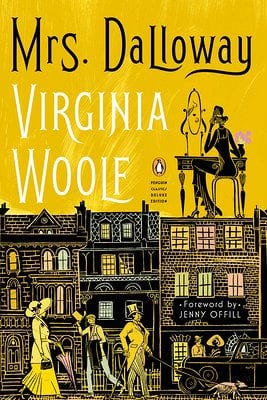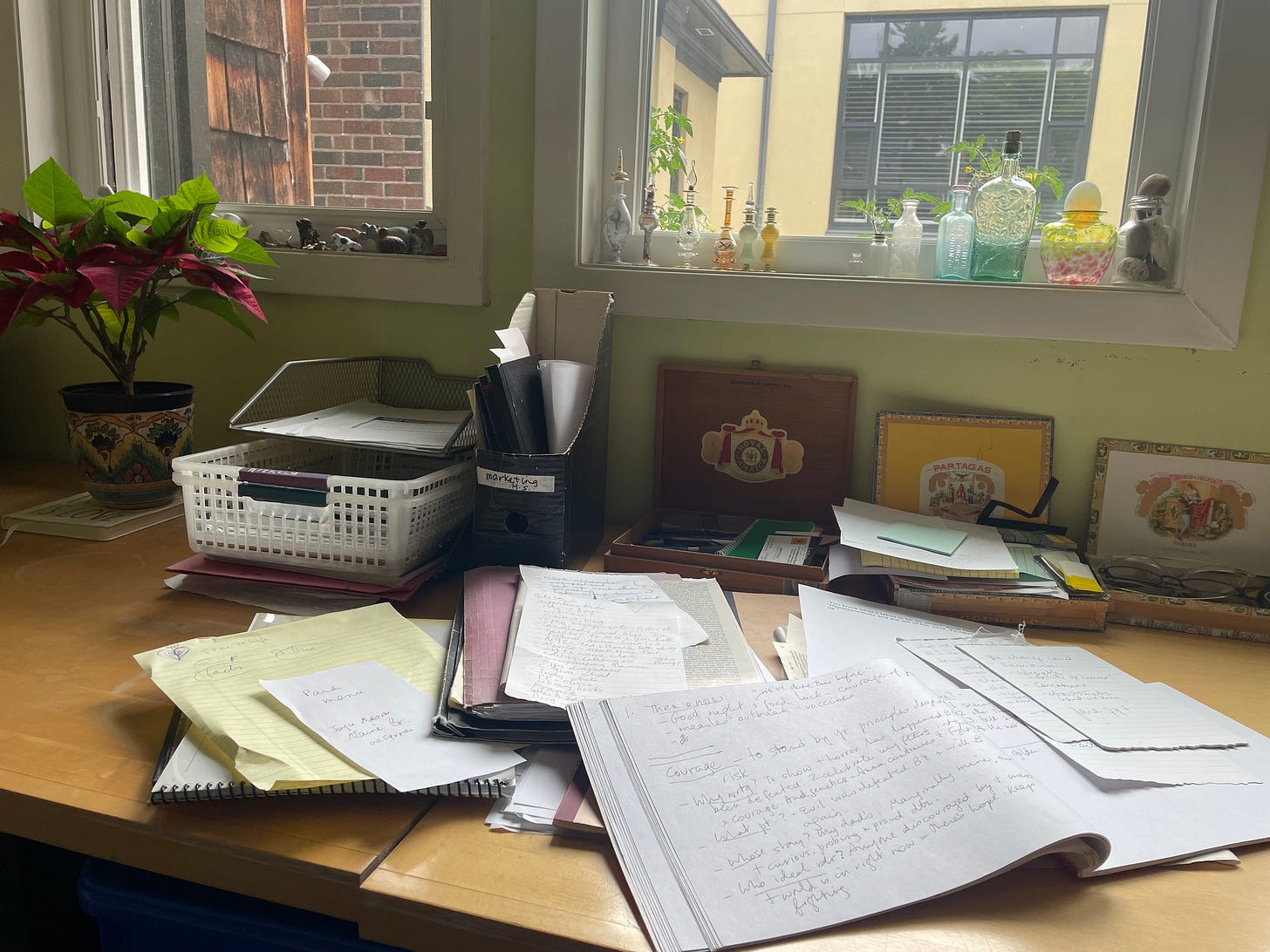Recently, in a saved file, I found an email exchange with a student. It encapsulates much of what happens between a beginning writer — timid, self-deprecating, yet hopeful — and a writing teacher, mentor, coach, or editor.
Maybe you can relate? I certainly can; I used to be just as filled with self-doubt. Luckily, I kept going.
My student, S., wrote:
Hi Beth,
I’ve come to a point in my life where I’m not sure I have what it takes to be a “writer.” I hardly dare call myself one because I lack discipline to write every day and don’t have any long length work completed, except for my poems. I know as our teacher that you encourage us and support our writing regardless of our individual levels and skills. But one thing this class has brought up for me is a feeling of “Do I have what it takes to be published?”
I’m not sure if it’s the other things in my life that I am coping with at this time (wounds still) that are making me so unsure, but it would really mean a lot to hear your feedback as a professional, hearing my writing as you have. Please be brutally honest. While reading my exercises in class, it feels like my voice always sounds the same, the descriptions, the words all the same … and I wonder if I were to ever write a longer piece if it would hold a reader’s attention.
My last question is, how do you know where to start? Do I just keep writing small pieces and then put them together to tell one bigger story … or do I plot out a plan of stories that I would like to tell, the theme etc.? This is my dilemma when I think of the bigger picture.
Thanks for your time Beth and sorry to bother you with my baggage.
S.
Dear S.:
Rest assured, S., many, if not most people have the same baggage, the same questions when they start writing. Why bother? Am I wasting my time? Am I making a fool of myself? Who’d want to read THIS?
To set your mind at rest: First, many writers don’t write every day, and almost all struggle with self-discipline and finishing things. I marvelled to read in Virginia Woolf’s diary how extremely insecure she was about a novel of hers about to be published — and that novel was Mrs. Dalloway! Insecurity is built in to this work. Good writing is hard and requires risk and vulnerability, tenacity and courage. No wonder student writers hesitate and sometimes step back.
I believe everyone has interesting, even beautiful and vital stories to tell. But they need to do the work: to figure out their most essential stories, trust themselves to commit them as honestly as possible to paper, and learn the craft and technique to tell them with skill, so readers will be engaged and understand what’s at stake.
The issue at the beginning of a writer’s journey isn’t being published. It’s figuring out how to access the most important material, and how to tell it powerfully and simply and fluidly and well.
It’s learning to tell the truth, your truth, uncovering the tales only you can tell.
You write for yourself first, to explore where you’ve been, who you are, what you’ve experienced and learned, what you’re still trying to figure out. And then perhaps you share that with a few others. And then – who knows? Anne Frank wrote for herself, and her book became one of the most famous and consequential books in the world. But she wrote because she had to write.
A book of stories happens story by story; what matters is to start anywhere. Start anywhere, let them come, keep them in a binder, rewrite and rearrange and add and rework, and eventually – there’s a book of stories, to publish or not as you see fit.
As for planning it all in advance versus crafting one story at a time and seeing where it goes … it’s up to each individual writer. Some need an outline and a clear direction before they start. Others just plunge in. There’s no right or wrong way to get going. The only wrong way is to let indecision and the critical inner voice block you from starting.
And if your words all sound the same, that doesn’t matter in the early drafts. But when you’ve finished a solid draft, you could do a search to be sure you haven’t repeated words. I have favourite words I use too often, so have to check to be sure they haven’t snuck in there multiple times. In later drafts, I spend a lot of time replacing boring, generic words with more vivid, descriptive words. That brings the prose to life. You want your words to help readers see, hear, smell, feel, along with you.
To conclude, I can’t say to you, S., you are a wonderful writer and will be published. That’s meaningless. I can say, you have key stories to tell, and if you do the work and stick to it and focus and dare and learn and keep trying, if you write and edit, edit and write, you will leave meaningful words behind. When you’re ready, you can get them published somewhere. But that is not the primary goal.
And something to consider: self-publishing is often the way to go these days, as going through a publisher is time-consuming and usually pays almost nothing. When you’re ready, get your material professionally edited and copy-edited, and then you can produce and market your own book. Once it’s bound, it’s there forever. A hundred years from now, someone can pick up your book and start to read. Isn’t that the dream?
Do not be silenced. I ask student writers who are full of self-doubt: how is the world a better place if you are silent?
The great painter Alice Neel, who after a lifetime of painting was only discovered late in her sixties, said, “You know what it takes to be an artist? Hypersensitivity and the will of the devil. To never give up.”
Bon courage, as the French say. The inspiring writer Anne Lamott says what’s needed for writing is “radical self-love.”
“Trust and surrender,” she says.
Trust and surrender. Onward. Happy writing.
Best,
beth
If you enjoyed this post, please consider subscribing, liking, or sharing. It helps get the word out about my writing — and might even lead readers to buy a book, be still my beating heart! You can also read my blog via the link below. Many thanks.





…continued from previous comment…Also a reminder to edit carefully !
Encouraging words , Beth. A reminder for all of us to keep at it and faith in ourselves and our own individual stories.